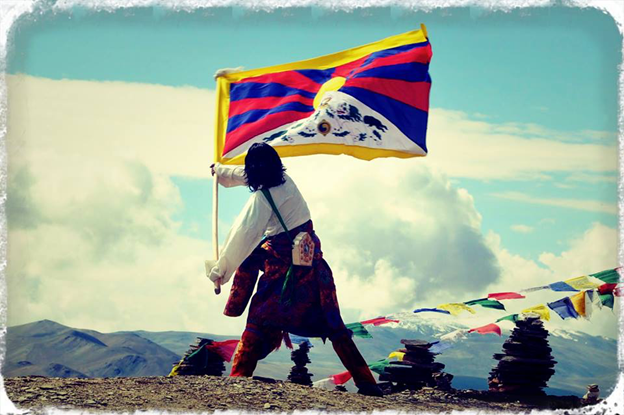- On September 2, Tibetan Democracy Day commemorates the establishment of the Tibetan government-in-exile in Dharamshala.
- It represents the restoration of Tibetan democracy following forced displacement.

Historical Origins of the Tibetan Government in Exile
- The first elected representatives of the Tibetan Parliament-in-Exile were sworn in in 1960, a year after Tibetans were expelled.
- His Holiness the 14th Dalai Lama’s influence resulted in the adoption of the Tibetan constitution, emphasising democracy, in 1963.
The Central Tibetan Administration’s (CTA) role
- The CTA, headquartered in Dharamshala, manages approximately 100,000 Tibetan refugees worldwide.
- It is at the heart of Tibetan autonomy and resilience.
CTA’s Evolution:
- Under the Tibetan constitution, the first women parliamentarians were elected in 1963.
- The CTA designated September 2 as the founding day of Tibetan democracy in 1975.
- The Tibetans in Exile Charter was adopted in 1991, and the Tibetan Supreme Justice Commission was established in 1992.
CTA’s Operation
- The CTA is organised into departments directed by the President (Sikyong): Religion and Culture, Home, Finance, Education, Security, Information and International Relations, and Health.
- The Tibetan Parliament in Exile is comprised of 45 members that represent various sections of the Tibetan community.
Leadership Change
- Following the Dalai Lama’s semi-retirement, the executive head, Kalön Tripa, was elected directly.
- His Holiness handed political authority to Sikyong, President of the CTA, in 2011.
Bodh Gaya’s Function
- The first elected Tibetan MPs took their vows in Bodh Gaya in 1960, ushering in the democratic system.
- Bodh Gaya was crucial in the early days of Tibetan democracy.
India’s perception of Tibet
- The Dalai Lama is respected in India as a spiritual leader, but the CTA is not officially recognised as a government.
- It strikes a balance between diplomatic considerations and support for Tibetan refugees.
Global Appreciation
- The United States is a prominent backer, with bipartisan backing and specialised Tibet coordinators.
- While international recognition is limited, Tibetans appreciate India’s constant assistance.
Source: https://indianexpress.com/article/explained/tibetan-democracy-day-8920073/
